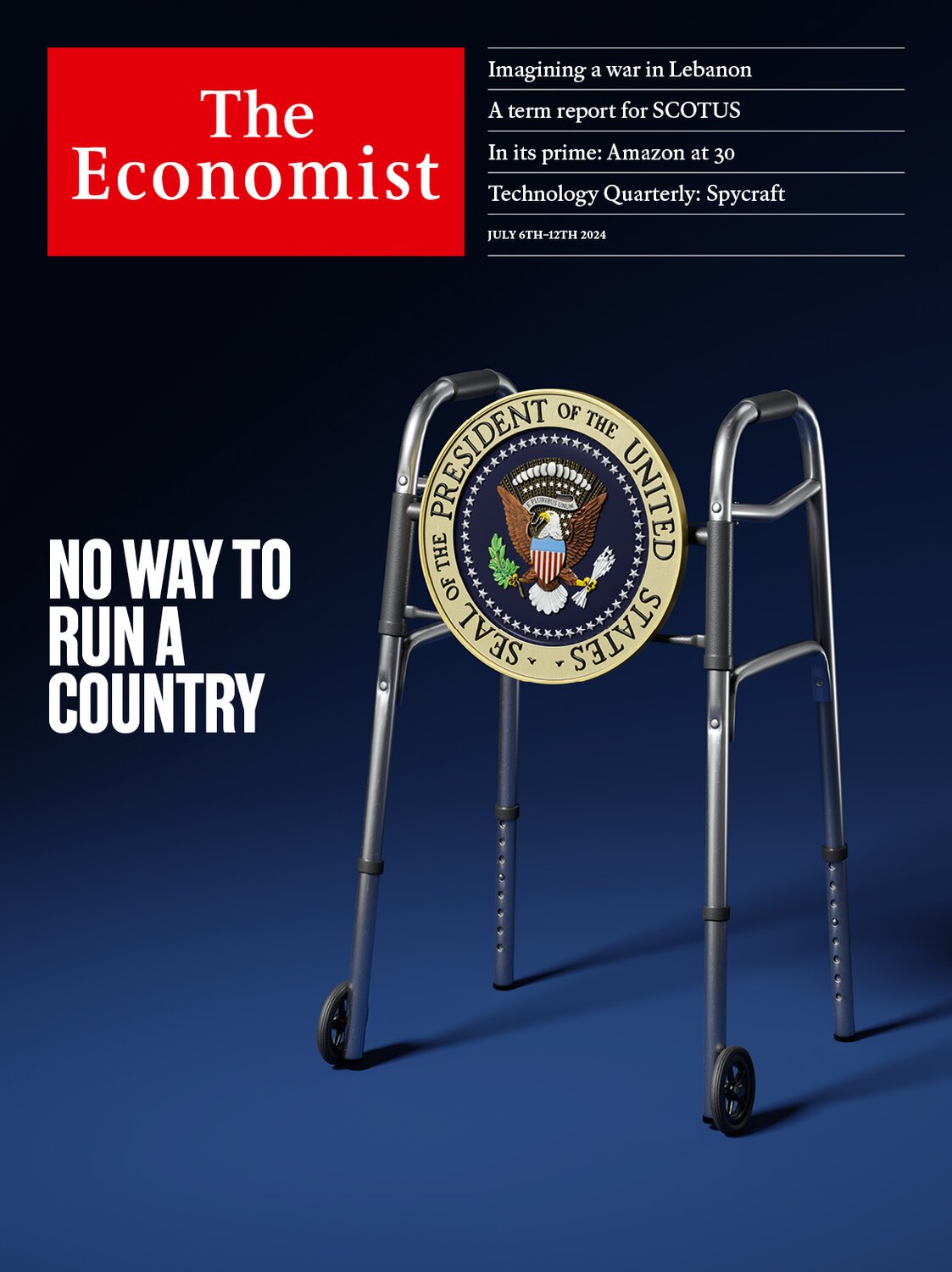A wheelchair user wearing a superhero cape navigates a city street filled with obstacles like stairs and debris. The cityscape includes tall buildings, narrow doorways, and inaccessible paths.
Disability is like any other complex relationship, filled with highs and lows. Some days are easy, some days are challenging, and some days we triumph over societal barriers—lack of access, accommodations, empathy, or compassion. And then there are days when we’re simply too exhausted to fight and need time to recoup. We don’t owe anyone 24/7 optimism, even during Disability Pride Month, but that doesn’t mean our lives hold any less value.
My entrepreneurial father Craig Honick once told me, “Advocate so well you put yourself out of business.” It’s a lofty goal I still think about often. Ideally, we’d live in a world where disability awareness is ingrained in our societal fabric. But we’re not there yet. So, we fight. The progress we’ve made excites us, but the fight is exhausting, and we feel it deeply. As the calendar flips to a new month, we’ll still be here, fighting, and we’ll still be disabled.
Throughout this month, I and other advocates have spotlighted daily examples of our community’s struggle for basic equity and inclusion. But awareness without action is empty. Now that you’re aware of the struggles, what are you going to do? Too often, our voices are drowned out by our non-disabled peers. So here’s our ask: pass the mic when you can, amplify our stories, and when you see something wrong, speak up. We need your allyship not just in July, but all year long.
Emily Ladau put it best on the latest episode of The Accessible Stall podcast: “Sometimes I just don’t feel like practicing [Disability Pride]. I’m exhausted.” This sentiment resonates deeply. Pride in our disability is indeed an ongoing practice, a muscle that needs stretching. Awareness is step one. What will you do to be a better ally once the spotlight dims?
Here are some actionable steps to support disability advocacy and inclusion:
• Educate Yourself and Others: Learn about the issues facing the disability community and share this knowledge with those around you.
• Amplify Disabled Voices: Use your platform to highlight the stories and experiences of disabled individuals. Folks like Kristen Parisi, Tiffany A. Yu, MSc, Alexa Heinrich, Marisa Hamamoto, Margaux Joffe, CPACC, 🦻 Meryl Evans, CPACC (deaf), Keely Cat-Wells, Julie Harris, Jamie Shields, Catarina Rivera, MSEd, MPH, CPACC, Donna Cruz Jones, Sheri Byrne-Haber (disabled) and so many others who do amazing work.
• Advocate for Accessibility: Push for accessible practices in your workplace, community, and beyond. Accessibility benefits everyone.
• Offer Genuine Support: Ask disabled people what support looks like for them and follow through.
• Speak Up: When you see discrimination or inaccessibility, don’t stay silent. Use your voice to advocate for change.
Let’s move beyond just awareness. Let’s take action together to create a more inclusive and equitable world for all. Your allyship matters every day.





